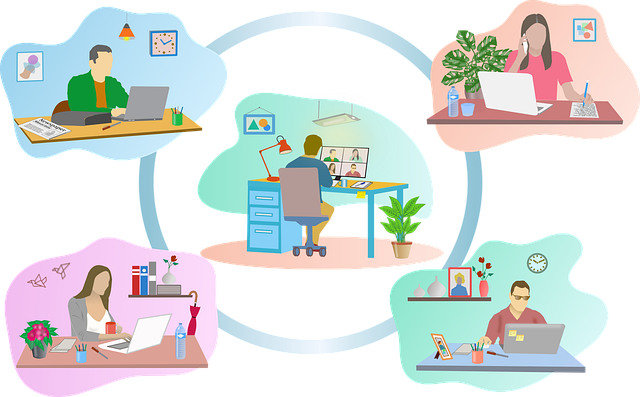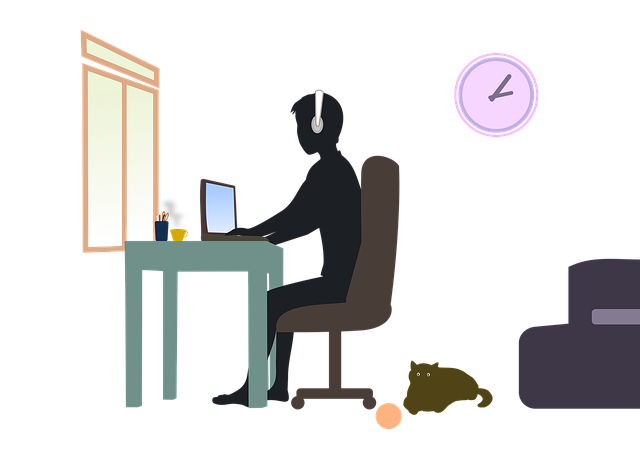While billionaires are trying to immortalize their names by planning missions to Mars, Earth is still the best planet for people to live on. World Environment Day on June 5 is a reminder that we’re the ones responsible for being good stewards of our home.
Whether you’re working from home or you’re back in the office, simple fixes help keep the planet sustainable.
Reduce…
- …the use of plastic and one-use materials
Working from home? Great, you’ve probably got a dishwasher close at hand. Using regular plates, cutlery, and drinkware is a no-brainer.
When you’re at the office or warehouse, consider bringing your supplies from home. But if you have to use disposable food and beverage items, try to ensure that they’re made of recycled materials and/or are biodegradable.
At the very least, bring your own coffee (or tea) mugs from home, plus a water bottle. There are plenty of reusable ones with cool designs that aren’t made out of plastic and are BPA free.
Water in plastic bottles is terrible for the environment and unnecessary anyway. If you don’t like your tap water at home, you can install a filter to improve the taste.
- … the amount of paper used at home, in your office, or on the warehouse floor. Go paperless wherever possible. There are plenty of secure online storage solutions that will keep your information safe.
When you do need to print, use recycled paper and set the printer to print double-sided when you’re printing more than one page.
- …how much meat you eat. Sorry, but factory farming does produce a lot of waste and carbon emissions that heat up the planet. That doesn’t mean you have to go vegan or vegetarian if you don’t want to, but having one meatless day a week to start won’t kill you or make you weak. (There are actually plenty of vegan bodybuilders out there, so it can be done!)
Reuse
Rather than going out and buying something new, which isn’t great for the wallet either, consider whether you’ve already got something that can be adapted to a new situation.
For example, maybe you’ve got a folding table where the work surface is too low for your employees. You can repurpose them pretty easily for standing work at the warehouse or office. Also, you can reuse them at home, not only for work but for crafting and other hobbies.
Cut back on the use of paper towels by using sponges and/or rags and cleaning cloths instead. Bonus for cutting up old clothes that are too stained or in bad shape to go to the thrift store into rags for cleaning.
We’re so used to the throwaway culture that sometimes we don’t even stop to think if an item can be repaired instead of tossing it out in the garbage and buying a new one.
There’s usually a cost-benefit analysis with repairs to make sure it’s the right thing to do. If you have something that’s genuinely on its last legs, it may be too expensive to repair relative to the savings you’ll be able to squeeze out of it.
Some of today’s materials are designed to be obsolete in a few years, and repairs aren’t usually worth it for these items either. If you’ve already been using your laptop for a few years, spending the money to repair it probably is not going to give you any kind of decent return on investment.
However, other items can be repaired and it makes a lot of sense to do so. Don’t toss your shirt because you lost a button, just sew it on (or have someone sew it for you) instead. Your wood tables and chairs can be refinished pretty easily (as long as you go to an expert!) Consider reupholstering instead of buying new furniture as well.
Recycle
Not everything goes in the trash. Especially e-waste like obsolete laptops, old smartphones, printer ink, batteries and the like. They all need to be recycled and usually there are special e-waste sites set up for these items.
Any cans, glass, and whatever cardboard or paper is allowable in your community can go in the recycling bin as well.
Got a folding table whose surface you want to lift up so you can stand to work or craft at it? Click here to check out our full product line of folding table risers.
Lift Your TableⓇ… SAVE YOUR BACK!




